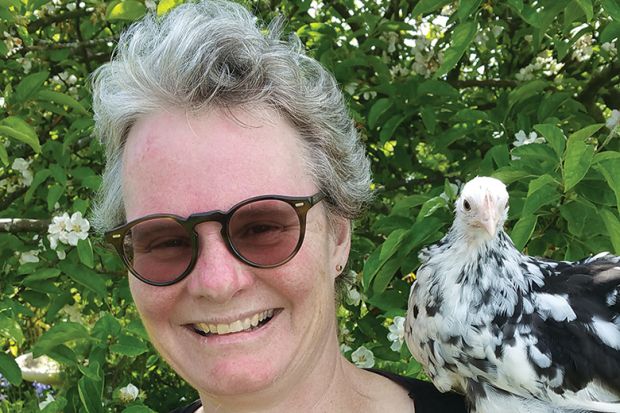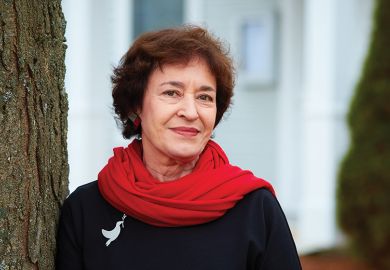What sorts of books inspired you as a child?
The historical novels of Rosemary Sutcliff, The Eagle of the Ninth and Song for a Dark Queen. I fell in love with the dark mists of Roman Britain, which were in seductive contrast to the creaking of weatherboards, the buzz from behind the fly wire and the pinging of the iron roof in the Australian heat which surrounded me as I read.
Which texts spurred you to devote your career to the Classics?
I had a wonderful Latin teacher in the early years of high school, a whip-thin elderly woman who drove an MG sports car in English racing green. I had no clear understanding of what the Classics were, but I enjoyed learning inflections and doing exercises during maths classes, which I exploited to catch up on my Latin homework. In senior high school I was forced to decide between Latin and music: I chose the latter and went on to begin a BMus in composition. After a year I returned to the Classics, and it was at that point that I got hooked on Lucretius. It was not until I went to Cambridge as a postgraduate that I encountered the life-changing works of Plato.
Your new book, Mapping the Afterlife, covers the whole period ‘from Homer to Dante’. What other accounts of the history of the afterlife would you recommend?
Philippe Ariès’ The Hour of Our Death still presents a nuanced social history of death during medieval and later times. Likewise Jacques Le Goff’s The Birth of Purgatory. Books that helped me most in thinking about the role of space, science and music in the construction of the afterlife were Mappings, edited by Denis Cosgrove; Thomas Kuhn’s The Copernican Revolution: Planetary Astronomy in the Development of Western Thought; and Leo Spitzer’s Classical and Christian Ideas of World Harmony.
Where can one turn for interesting accounts of the psychology of belief in the afterlife and what it can mean for people today?
Joseph Ratzinger’s Eschatology: Death and Eternal Life is a humane and surprisingly affable account from a point of view of belief. The Tibetan Book of the Dead or Bardo Thödol, together with the exegesis by Khenchen Thrangu Rinpoche (Journey of the Mind: Putting the Teachings of the Bardo into Effective Practice), gives a remarkable account of the afterlife as a metaphor for life. The works of Jung, who was also a commentator on the Bardo, offer insight into afterlife motifs as a receptacle for psychic content.
What was the last book you gave as a gift, and to whom?
For my son’s birthday, I’m giving him Nick Bradley’s The Cat and the City, a wonderful new book built on the presence of the cat in Japanese literature and art.
What books do you have on your desk waiting to be read?
For my current job in learning support, I need to make good my lack of mathematical competence. I feel the need for the book sitting on my table just now, John Vincent and Sifu Julian Hitch’s Winning Not Fighting: Why You Need to Rethink Success and How You Achieve It with the Ancient Art of Wing Tsun.
Emma Gee, formerly a lecturer in Greek at the University of St Andrews, is now an independent scholar and tutor in the Classics. Her latest book is Mapping the Afterlife: From Homer to Dante (Oxford University Press).
POSTSCRIPT:
Print headline: Shelf life: Emma Gee
Register to continue
Why register?
- Registration is free and only takes a moment
- Once registered, you can read 3 articles a month
- Sign up for our newsletter
Subscribe
Or subscribe for unlimited access to:
- Unlimited access to news, views, insights & reviews
- Digital editions
- Digital access to THE’s university and college rankings analysis
Already registered or a current subscriber? Login








